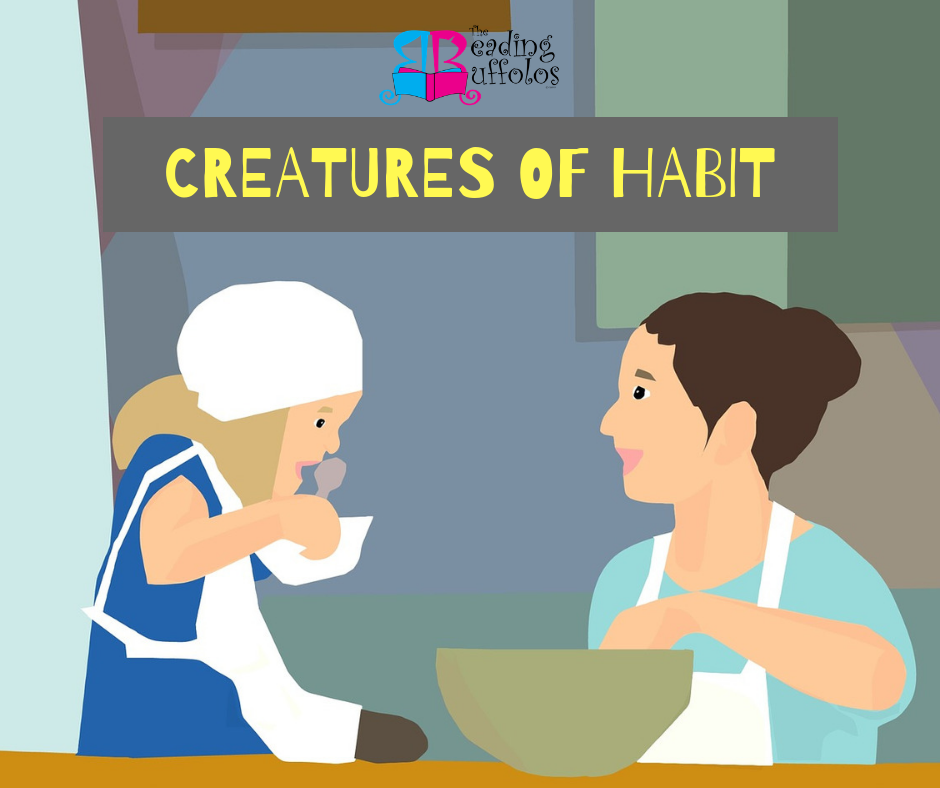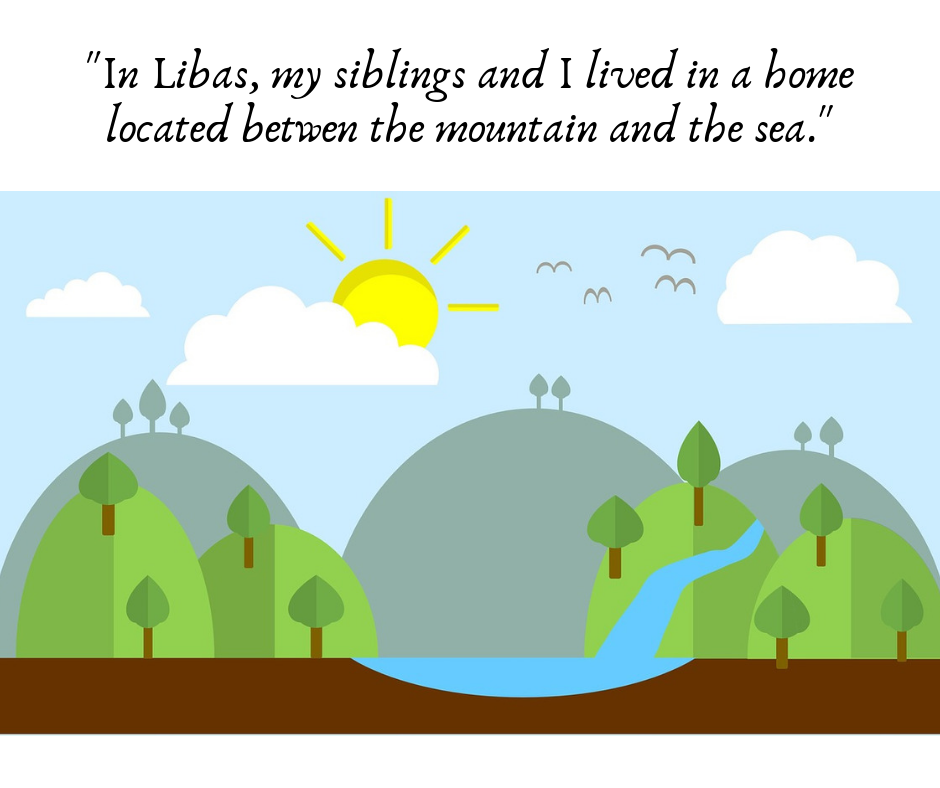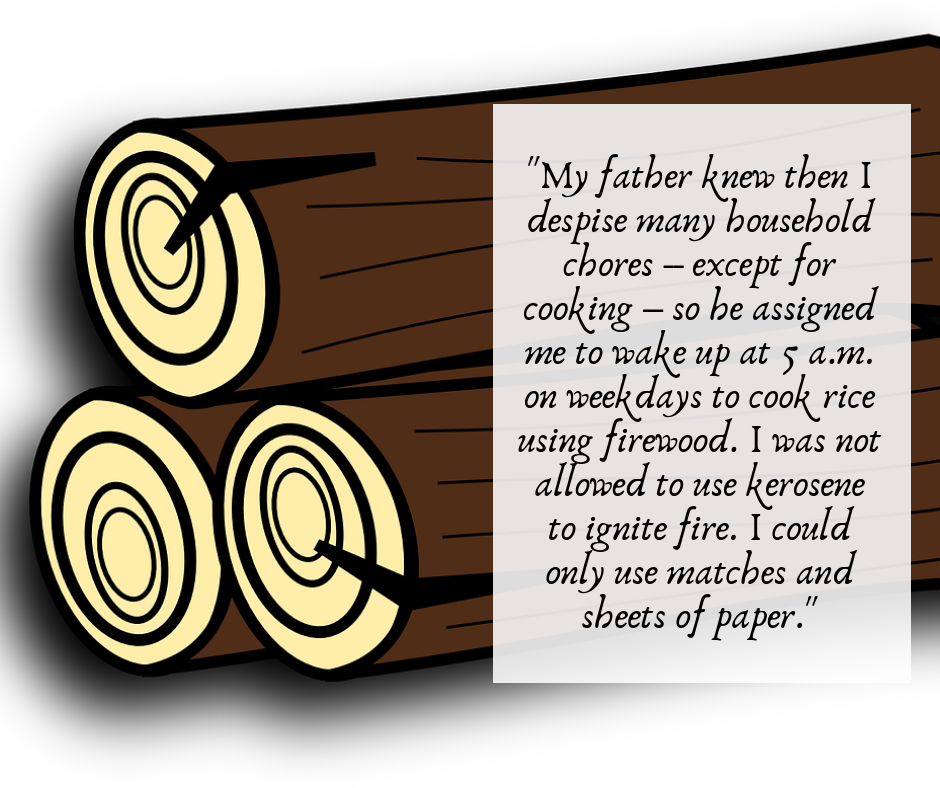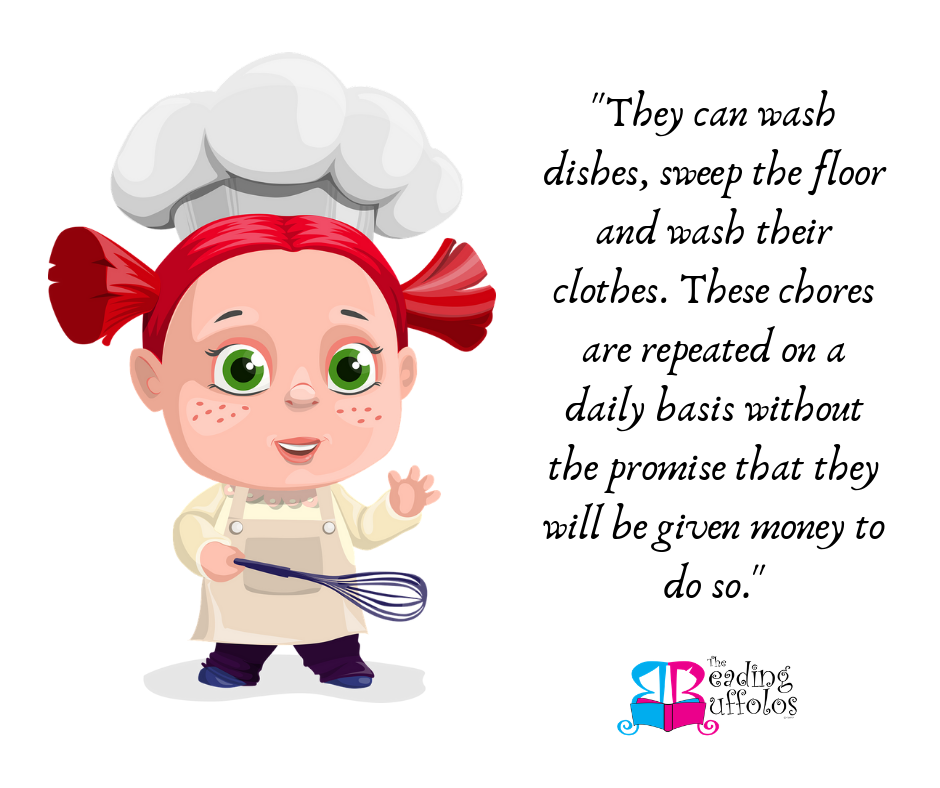We are creatures of habit — and what we constantly do shapes our person.
When I was nine years old, my family moved to a village called Libas in Merida, Leyte. Barangay Libas is located 27 kilometers (or 45 minutes to one hour travel) from Ormoc City.
The decision to leave Cebu was a result of a growing drug problem in barangay Calawisan in Lapu-Lapu City. My uncle accidentally killed a man, who attempted to silence him for drug issues that they were both involved in. My mother saw the need to move her children away from a violent, drug-infested setting.
In Libas, my siblings and I lived in a home which is located in between the sea and the mountain.
We were enrolled — quite hurriedly because the move happened in September 1995 — in a public elementary school where we learned survival tricks from our classmates, who are children of farmers and fisherfolks.
We enjoyed swimming in the not-so clear waters of the public beach, which was located behind the house of our grandmother’s cousins, Lolo Cesar and Lola Virginia.
We learned how to forage in the mountains and love local berries called bugnay. My classmates from sitio Kapinyahan taught me how to gather cow dung and transform it into organic fertilizer. I learned how to look for firewood, bundle them and transport them as precious cargo from the mountain all the way to the plain.
While I love the sea and the sea loves me back by providing my family with the freshest yield delivered early in the morning by hardworking fishermen, I developed a particular affinity to the mountain because of the coconuts, mangoes and wild guavas we gathered in my childhood.
Of course, there was the chapel on top of the hill where we spent many years attending Sunday Masses and Legion of Mary gatherings.
I always look back to the seven years I lived in barangay Libas and how those seven years walked me through portions of my childhood and a big chunk of adolescence stage.
Our childhood was not a pampered one. My father, in the brief months that he was home from his overseas job as a seafarer, mandated that we wash all our clothes by hand. My sister Stephanie and I would have buckets of laundry waiting to be washed in our backyard. Saturday morning was the best time to do it.
My father knew then I despise many household chores — except for cooking — so he assigned me to wake up at 5 a.m. on weekdays to cook rice using firewood. I was not allowed to use kerosene to ignite fire. I could only use matches and sheets of paper.
I learned to cook. During the most trying of times — when my father could not get a contract signed, and we were left with P100 in my Mom’s wallet — I learned to make something out of whatever is left in the fridge and whatever is planted in our yard. A can of corned beef is often mixed with finely chopped squash as extender so everyone can partake of the meal. Sayote mixed with canned sardines in tomato sauce was a staple. On days when money was really scarce, I would go to Tiya Lorna’s sari-sari store and ask that we can get some goods, have her list the goods down and then my mother can pay later when we have the money.
We were never refused by Tiya Lorna or her daughters: Ate Maricar, Ate Lisa, Ate Nene, Ate Mildred.
They were kind to us and I have always looked up to them as my models of humility and kindness.
I write this on a Wednesday as my twins are busy preparing food for dinner. Nicholas is chopping the onion and garlic; Antoinette is peeling potatoes. How lucky are my children to have the luxury of a wooden chopping board and a peeler as they prepare the ingredients for pork afritada.
All three of them can now cook scrambled eggs. They clean up. We can ask them to do small errands within the house. They can wash dishes, sweep the floor and wash their clothes. These chores are repeated on a daily basis without the promise that they will be given money to do so.
I believe that household chores are responsibilities to be carried out and perform. Therefore, children should never be given money if they accomplish them. Otherwise, they will only do household chores for the money or the reward.
My biggest fear when I became a mother is that I will raise spoiled, entitled brats. Over the last five years, I have learned the art and science of giving in to my children’s requests and standing my ground in times of horrible meltdowns.
To manage expectations and communicate with them better, I learned to spend time with each child to get to know them better and for them to get to know me more.
We are creatures of habit — and what we constantly do shapes our person.
I hope my children develop the habit of performing household chores without being told to do so. I hope they grow up as adults who like to spend time communicating with their loved ones sans cellphones and laptops. I hope all these works.







